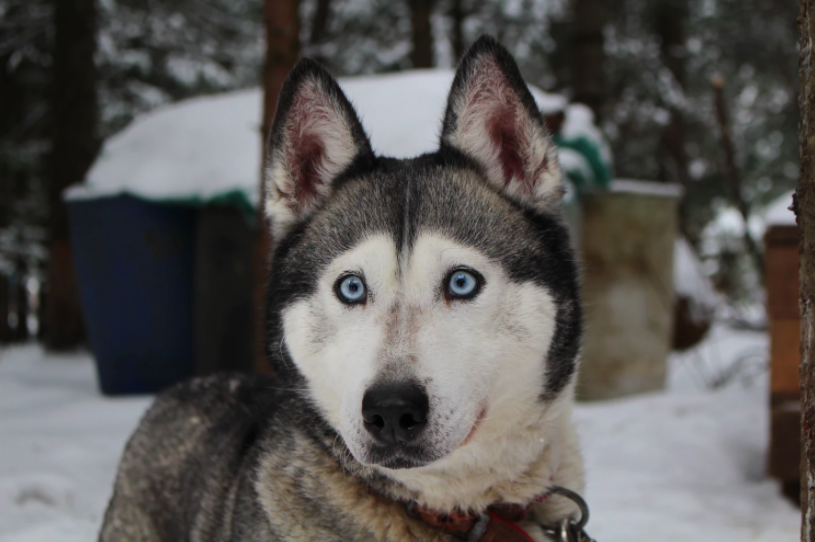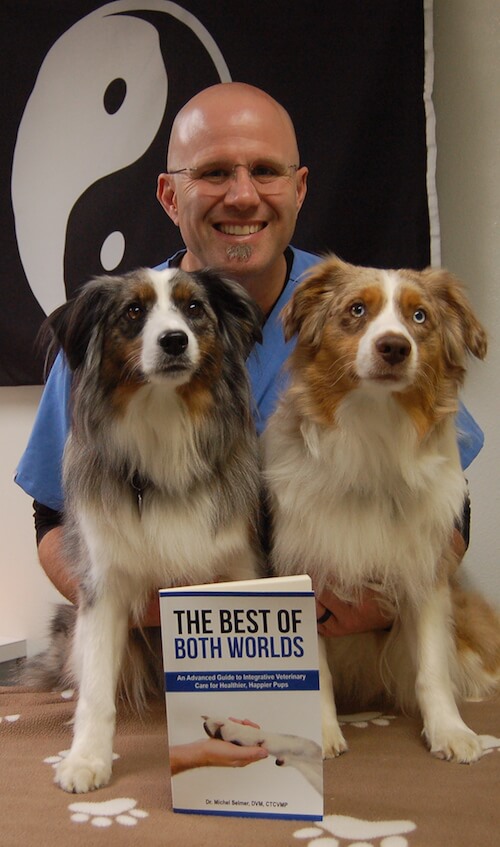Maybe you’ve noticed that your dog’s behind has been noticeably smelly. Perhaps you’ve seen your dog scooting. You may have even heard that the area needs some cleaning on a regular basis. Should you be concerned that his or her anal glands need to be expressed?
We at iHeartDogs asked Dr. Michel Selmer, DVM, CTCVMP, about if and when we should consult a vet. Also known as “The Caring Vet,” Dr. Selmer is a Certified Veterinary Food Therapist (CVFT) who uses principles from Traditional Chinese Veterinary Medicine (TCVM) to treat his patients.

In the words of Dr. Selmer…
Dogs have 2 small glands adjacent to their tush: anal glands. These glands produce a stinky brown fluid. Stinky may be an understatement… this stuff could knock you off your feet!
Each dog’s anal gland discharge has a unique odor to that specific dog. In essence, it is the dog’s business card, the way dogs can mark territory, and/or to identify each other. These glands are supposed to empty at the time of a bowel movement. But if they don’t empty properly, it that can lead to uncomfortable and painful impaction.
If you see your dog scooting, licking or biting at his/her rear end, constipation, straining or pain during a bowel movement, or an bad odor from your dogs tush, it may be a sign of an anal gland impaction. If you see these signs, be sure to contact for veterinarian for immediate treatment.
If you do not see these signs, there is no reason for you to express his/her anal glands. Small, obese dogs are more prone to having problems with their anal glands, but any dog with a gastrointestinal disease that results in diarrhea, soft, or thin bowel movements can lead to anal gland impactions.

We want to thank Dr. Selmer for sharing his knowledge with us. If you want to learn more about taking a holistic approach to your pet’s healthcare, check out his book The Best of Both Worlds: An Advanced Guide to Integrative Veterinary Care for Happier, Healthier Pups.
You can also check out his website and follow him on Facebook.

